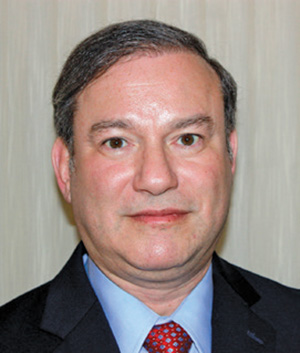
Rashi explains that, in ancient Temple times, a Korban Todah offering, a thanksgiving offering, was brought by “someone who experienced a personal miracle” (Vayikra 7:12). Rashi gives us examples of such: one who successfully traveled over the ocean, one who traveled through the desert and safely reached his destination, one who was imprisoned in jail and was then released, and one who was very sick and later recovered.
Rav Frand makes the observation that, true, each of these situations might involve risk or danger to some extent, but can they truly be categorized as “miracles”? What does this mean?
The truth of the matter is that while these situations may not be in the same category as the splitting the Red Sea or other open miracles, they certainly reflect divine providence, the hand of God watching over us, and do at least fall into the category of “hidden miracles” (nes nistar).
Today, for example, due to advances in medicine, we routinely hear that a person can have heart bypass surgery and be back on his feet a short time later. For several hours this person was not breathing on his own, his heart actually stopped beating, and yet we take his recovery for granted! Despite our having grown accustomed to the “miraculous,” it nevertheless remains miraculous.
The obligation to offer thanksgiving to the Almighty is to even offer it upon experiencing a so-called “natural miracle.” The Talmud tells us (Brachot 7b) that when Leah had her fourth child and called him Yehuda, saying, “This time I will thank the Almighty” (hapa’am odeh et Hashem) (Bereishit 29:35), it was the first time in the history of the world that someone expressed gratitude to the Almighty.
This statement puzzles many of the commentators. Do we really not find other places where people expressed gratitude prior to Leah? Was Noach’s offering of sacrifices to God upon exiting the ark not a form of thanksgiving to Him? The answer is that until Leah, the people who brought sacrifices or expressed thanks to the Almighty were expressing thanks for open miracles. Leah was the first to express thanks to Him for even a hidden miracle.
The Ben Ish Chai tells us that nowadays we no longer offer sacrifices in the Temple. Still, when we are grateful for the small miracles in life, we should take the opportunity to give back. It is good to give thanks, but we should also “pay it forward,” helping others so that they too can appreciate life’s bounties.
As we prepare to celebrate Thanksgiving Day in the States, may we always be mindful of the daily miracles in our lives, open and hidden. We need to be thankful to Hashem for all the good we experience in life. We cannot take for granted our health, our loved ones or our standard of living, for example. All it takes is for some day-to-day activity or relationship to stop functioning routinely and our lives can be suddenly thrown off track. That is why we say the blessing “Asher Yatzar,” why we used to bring thanksgiving offerings in the past and why we need to be mindful of the little miracles that take place on Thanksgiving Day and every day.
Rabbi Dr. Avi Kuperberg is a forensic, clinical psychologist in private practice. He is president of the Chai Riders Motorcycle Club of NY/NJ. He leads the Summit Avenue Shabbos Gemara shiur and minyan in Fair Lawn, NJ, and is a member of the International Rabbinical Society. He can be reached at [email protected].










